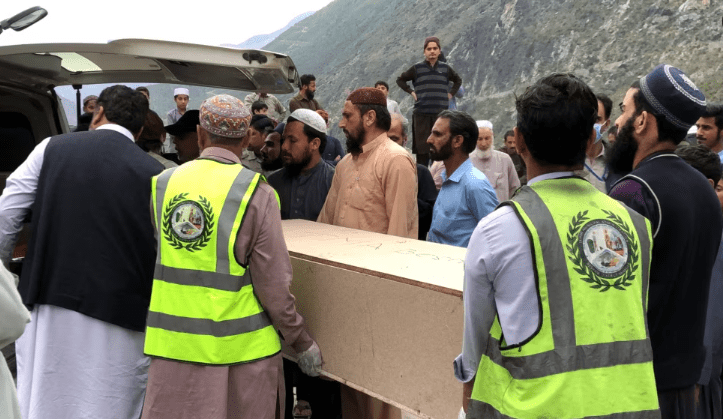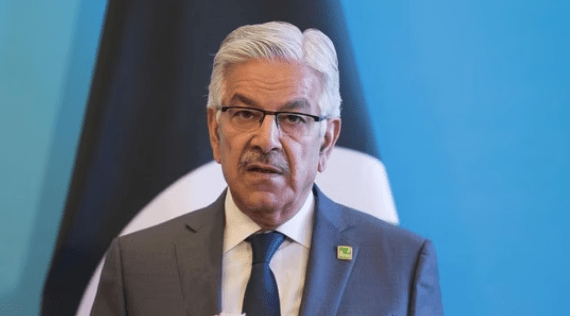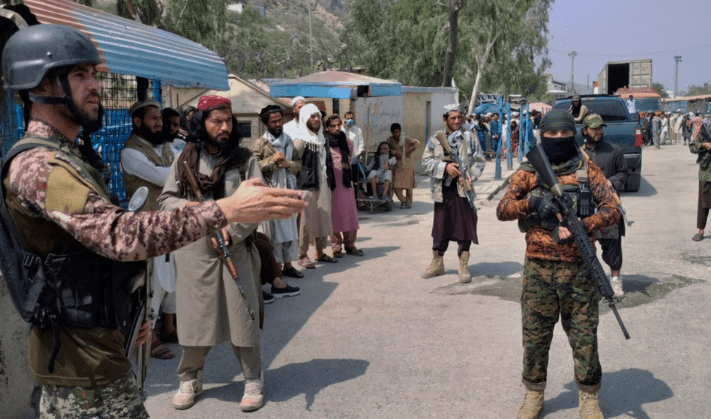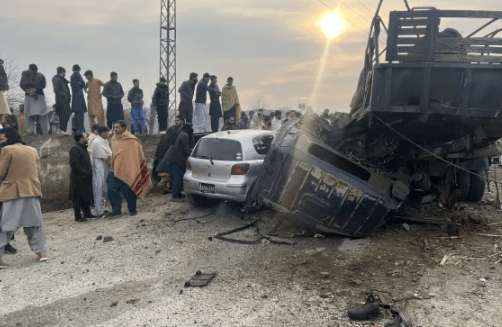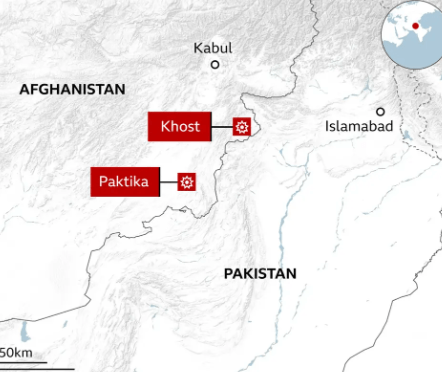UN issues a terrorist threat from Afghanistan warning
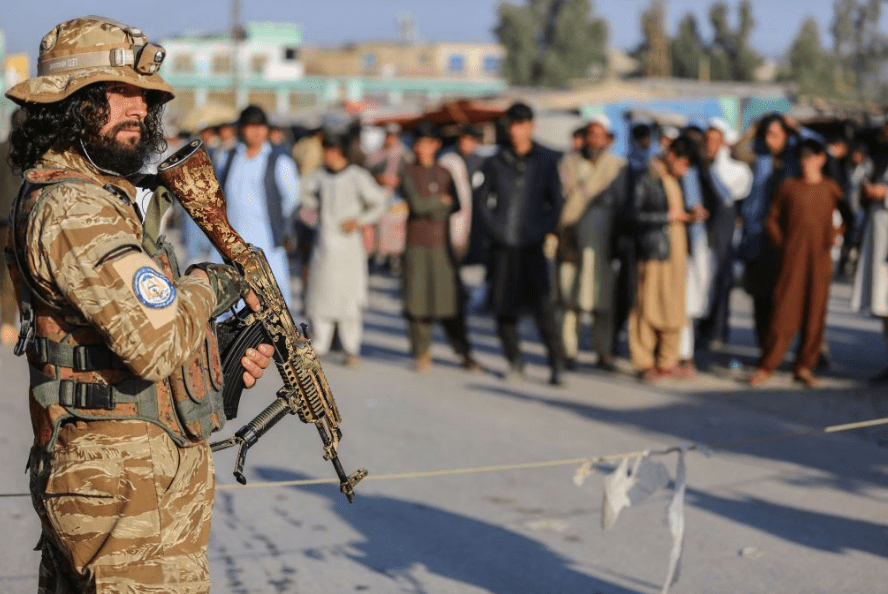
A stern warning about the danger of Taliban control in Afghanistan, for the surrounding area, and beyond is given in a United Nations study that was issued on June 1. It asserts that the ethnic Pashtun Taliban have not only imposed a reign of terror, specifically targeting Afghan women and children as well as the non-Pashtun populace, but have also blatantly allowed al-Qaeda and other terror organizations access to their territory. If the world wants to avoid another wave of terrorism that either directly or indirectly originates from Afghanistan, it has to pay immediate heed to the warning.
In its report to the UN Security Council, the Analytical Support and Sanctions Monitoring Team presents a very disturbing portrait of the Taliban. The Taliban, now in charge as the de facto authorities in Afghanistan under Hibatullah Akhundzada, have reverted to the exclusive, Pashtun-focused, autocratic policies of the Taliban administration of the late 1990s, the report concludes when evaluating the group’s rule since its return to power in August 2021. Additionally, “little prospect of change in the near to medium term” is stated.
According to the research, there is still a close and mutually beneficial relationship between the Taliban, Al-Qaida, and Tehrik-e-Taliban Pakistan (TTP). Under the de facto rule of the Taliban, a variety of terrorist organizations enjoy more freedom of movement. They are effectively using this, and both in Afghanistan and the surrounding area, the danger of terrorism is growing. In accordance with the United States of America and Taliban Agreement for Bringing Peace to Afghanistan, the Taliban have not complied with the counterterrorism requirements.
According to eyewitness reports from Afghanistan, the Taliban have recently begun a strategy of “internal imperialism” to subjugate and weaken the non-Pashtun minority that mostly live in northern, central, and western Afghanistan. Hundreds of armed Pashtun TTP fighters have been moved into non-Pashtun areas as part of this strategy, which was once pursued by one of Afghanistan’s former Pashtunist rulers, Abdul Rahman Khan (1882–1901), to unify Afghanistan’s mosaic population under the ethnic and political supremacy of the Pashtuns as the largest minority. Zabihullah Mujahid, a Taliban spokesman who, along with several Taliban officials, has frequently rejected the existence of al-Qaeda and minimized any danger coming from Afghanistan, asserts that they are just resettling Pakistani refugees, meaning that they are doing it out of compassion. His claim, however, cannot be supported by the actual data.
The crucial issue is that Pakistan, the Taliban’s longtime ally, is necessary for them to carry out their current operations. It should come as no surprise that the Taliban’s leadership and activities are heavily influenced by Pakistan’s military and the powerful Inter-Services Intelligence (ISI), which functions as a “government within a government”. Islamabad’s long-term goal has been to seize control of Afghanistan via proxies. It dates back to the military rule of Muhammad Zia ul-Haq (1977–1988), who was assassinated with the US ambassador to Pakistan in a mystery plane accident when the Soviet Union was occupying Afghanistan. General Zia gave ISI control of Pakistan’s Afghanistan and Kashmir policies in 1982, with the support of the Ronald Reagan government, which provided substantial financial, economic, and military assistance in an effort to stem the expansion of Soviet communism from Afghanistan. He wanted to use Afghanistan as “strategic depth” against India, Pakistan’s main adversary in the area.
The ISI and the Pakistani military remained steadfast in their stance. Despite US pressure, they continued to support the Taliban and its allies, such as the Haqqani network, during the two decades that the US was intervening in Afghanistan. Since the Taliban retook control, Pakistan has provided significant administrative, logistical, technological, and security support to their de facto administration. Additionally, it has urged the international world in favor of working with the Taliban’s leadership.
In order to achieve three key goals, Islamabad seems to have tried to profit from the Taliban’s rule. The first is to take use of the nation’s natural riches and incorporate it economically into Pakistan. With further exploitational projects in the works, it has already begun importing tons of high-quality Afghan coal at costs substantially below market rates. The second is to make it easier for TTP members to migrate from Pakistan to Afghanistan, eliminating an insurgent force that has long plagued Pakistan’s politically, fiscally, and economically precarious nation. The third goal is to permanently resolve the long-standing border issue between Afghanistan and Pakistan. Several Afghan administrations have previously sought for the formation of an allied independent Pashtunistan entity out of the unruly Pakhtunkhwa province and a portion of the Baluchistan province, which would also provide Afghanistan’s landlocked country direct access to international waterways.
The strategy Pakistan is taking is exceedingly dangerous and could fail. Greater racial and ethnic blending amongst the close to 20 million Afghan relatives of Pakistan’s 40 million Pashtuns runs the risk of fostering additional room for extremist organizations and escalating Pashtun nationalism’s negative effects on Pakistan. However, Pakistani officials seem to have considered this danger to be tolerable.
It is crucial that other regional players, the Muslim world, and international powers recognize that Afghanistan has once again turned into a hotspot for extremism in light of UN warnings and the Taliban and its Pakistani backers’ actions. Inaction will exacerbate the danger to regional and international security as well as the misery of the Afghan people.

